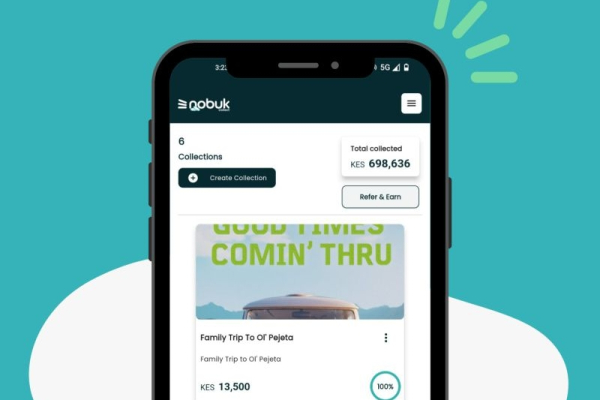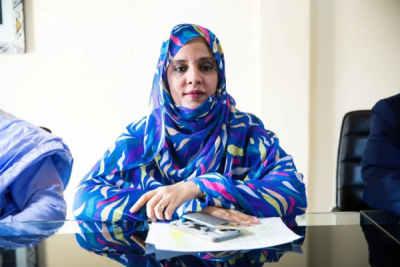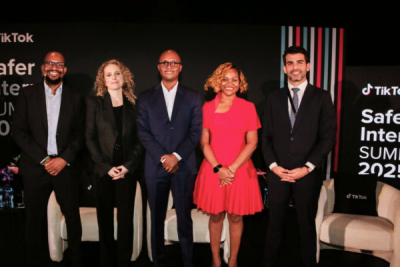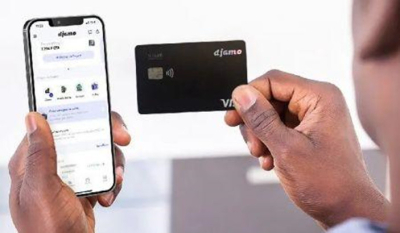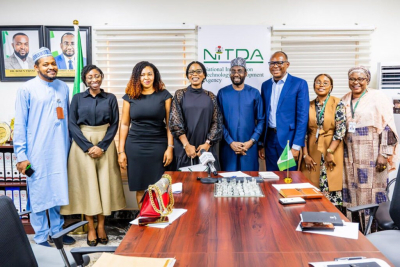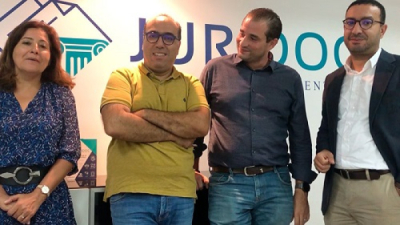In an effort to simplify fundraising for various projects, tech entrepreneurs have developed an innovative technological solution. This new platform is designed to streamline the process of securing funds, making it more accessible and efficient for entrepreneurs and project managers alike.
Nobuk, a financial technology solution developed by a Kenyan startup, provides a platform for users to raise funds for a diverse range of projects. The startup, established in 2022 by Jani Landman and Elvis Bando, is based in Nairobi and has launched a mobile application that is accessible on both iOS and Android platforms. The app has already been downloaded more than a hundred times from the Play Store.
After downloading the app, users can tap on the “Login” button and then “Sign up” to create an account. They are required to enter their first and last names, email address, phone number, and set up a password. Once registered, users can initiate their projects, defining the nature and objective of the fundraising campaign. A payment link is then generated, which can be shared on social media or sent directly to potential contributors via various communication channels.
The payment process via the shared link does not necessitate the download of any additional applications. Contributors can simply click on the link, complete their payment through mobile money or bank transfer, and download the payment receipt with a single click. Nobuk proves to be a valuable tool for donations, fundraising, contributions, or group payments. The solution also enables users to monitor all incoming payments and sends alerts for goal achievements or any discrepancies.
While downloading the app and creating an account are free of charge, usage of the solution incurs a fee. The startup offers monthly subscriptions ranging from 500 Kenyan shillings (approximately $3.79) to 2,500 Kenyan shillings. These subscriptions come with various perks, such as offline payment via USSD, payment through WhatsApp, customization of payment link images, and the number of contributors allowed to participate in the projects.
Adoni Conrad Quenum


